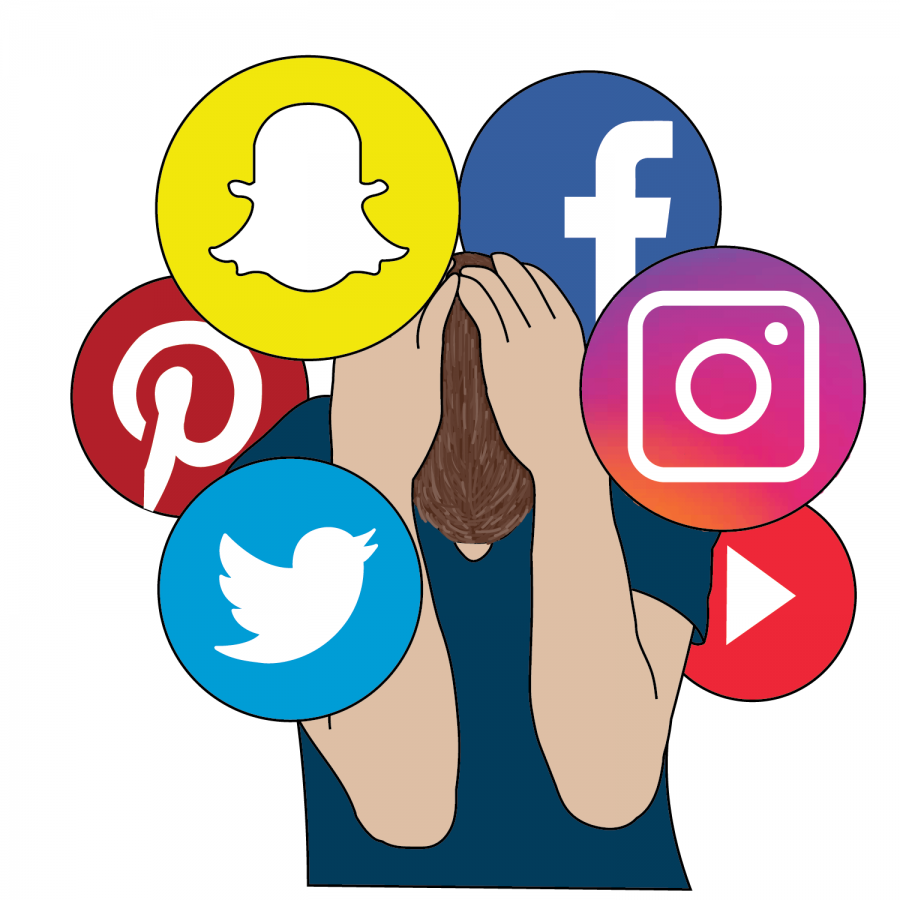RR#1: The Power of a Negative Comment
Reputation Monitoring & Negative Reviews
Social media can be a wonderful tool in promoting a business and connecting with different audiences world-wide. It can also assist in creating quasi-personal relationships with customers, allowing for open communication through private messages, forums, posts and reviews. The globalization of social media can both positively and negatively influence a company's brand, depending on the efforts of said companies to build and repair relationships with customers.
One specific topic that is discussed in chapter 2 (p. 28) of Groundswell , by Charlene Li and Josh Bernoff, is the power of reviews and how they can threaten institutional power. Thanks to the power of social media, any one person with a negative comment regarding a product or service, can effectively desecrate a brand. Companies must be vigilant in monitoring and responding to negative feedback. Where companies originally had to answer to acclaimed critics and review sites, now a single person can point out an issue with a service or product, and gain national attention. This trend is forcing companies and organizations to build a positive and open relationship with their consumers.
With the touch of a fingertip, one can easily navigate a website and share a horrible experience with the rest of the world. If given enough time and frustration, a simple misunderstanding can erupt into an attack on a company's brand and product/services. A few disgruntled customers can potential ruin a company's reputation by launching into a tirade of complaints and negative reviews--allowing others to jump on the bandwagon. Social media outlets are efficient and effective platforms to launch these campaigns, and with enough bad publicity, a company's reputation can be destroyed.
Take for instance the example below:
Regardless of the issue size, companies must engage in a positive manner to resolve any issues, lest to avoid escalation and greater customer backlash. A recent study conducted by Convince and Convert found that 42% of complainers expect a response within 60 minutes. If one does not act quickly, your angry customer "could become disgruntled and develop a negative opinion of your business."
 |
Ultimately it takes effort and a dedicated customer service team to protect your brand identity. It's amazing what a personal response from a company can do, especially when it takes the necessary steps to repair a customer's grievance (often with an apology or compensation).
In the end, it is important to realize you can't please everyone and will always have negative reviews from customers. Sophie Chadwick states that your business will always receive complaints from customers [whether right or wrong]. The important thing is to "be proactive and willing to deal with customer issues."
The following is an example of a successful attempt to make a aggravated customer happy:
After having a terrible experience with his in-flight television, Esai tweeted out his grievance to JetBlue.

After confirming that his story was true, JetBlue took immediate action and credited his account for the non-function television.
Within the same day JetBlue had resolved the issue and made Esai a satisfied customer!
This example shows that, if caught in the early stages (the first person who leaves a negative comment), a company can defuse the situation and avoid major brand damage.
We want to hear from you!
What are your thoughts on negative reviews and the power that the consumers hold over companies? Do you often leave reviews? If so, do you leave both negative and positive?







Comments
Post a Comment